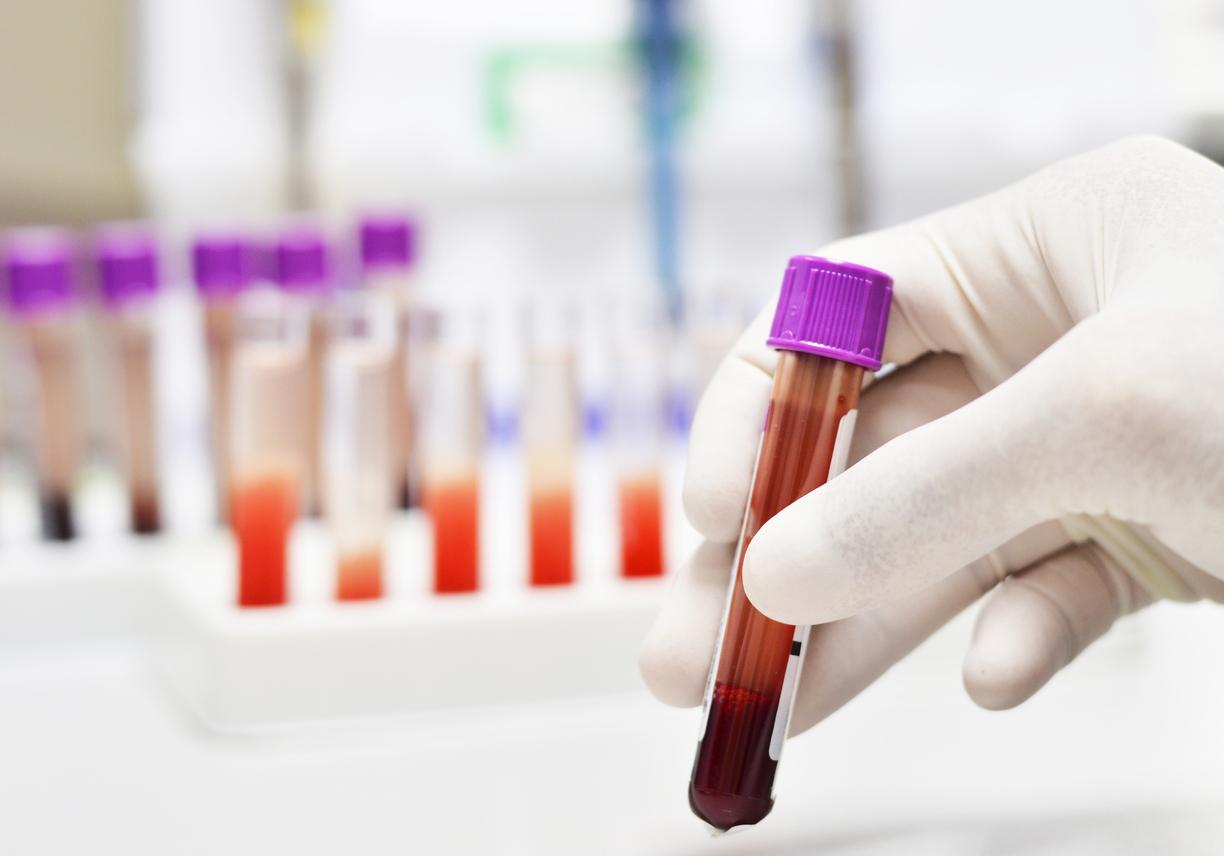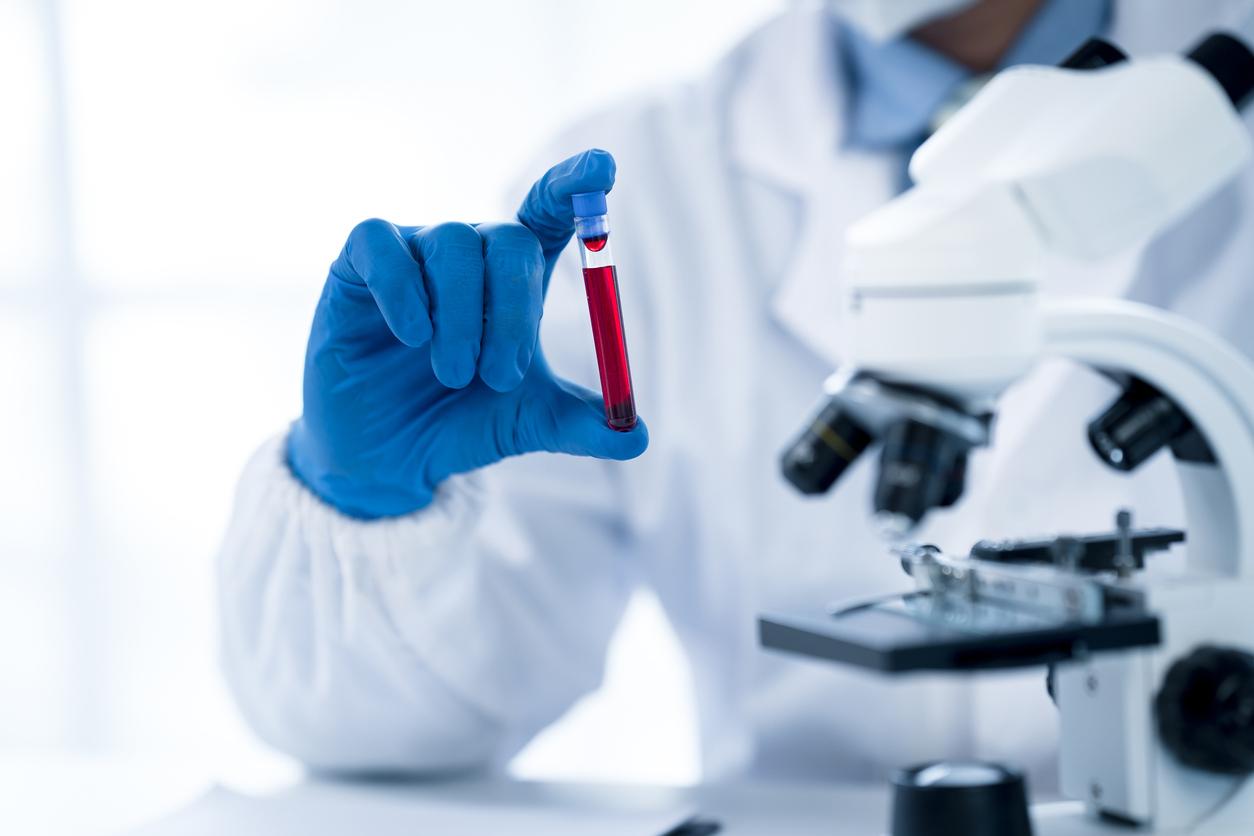A clinical trial will evaluate the effectiveness of a blood test, capable of detecting traces of cancerous cells, which could save patients unnecessary chemotherapy.

- Many patients suffering from colorectal cancer are systematically offered chemotherapy after their operation.
- Yet “many people are already cured after just one surgery”, according to the Royal Marsden NHS Foundation Trust in London.
- A clinical trial will be conducted to find out if a blood test, which detects the presence of circulating tumor DNA in the blood, is effective in predicting the need or not to have recourse to chemotherapy.
Colorectal cancer is the third most common cancer in men and the second in women, according to health insurance. Its treatment is mainly based on surgery. “If left untreated, this disease will cause the tumor to come back, most often within two years of surgery. 15 to 20 percent of patients with stage II colorectal cancer and 30 to 50% of patients with stage III colorectal cancer relapse due to minimal microscopic residual disease.” report it Royal Marsden NHS Foundation Trust of London.
This is why patients are recommended to undergo chemotherapy, the aim of which is to kill the microscopic cancer cells that remain after the operation in order to reduce the risk of recurrence. “Most patients with this cancer at stage II or III are routinely offered postoperative chemotherapy, but many people are already cured after just one surgery,” indicates the center that will conduct a clinical trial to find out if a blood test could “spare patients unnecessary chemotherapy”.
Colorectal cancer: predicting the need or not for chemotherapy
As part of their trial, called TRACC (Tracking mutations in cell free DNA to predict Relapse in eArly Colorectal Cancer), the researchers had, in 2016, recruited more than 1,100 people with colorectal cancer, who live in the United Kingdom. For the third part of their study, they will follow 1,621 patients for four years. Participants will use the blood test that scientists have developed. The latter aims to detect the presence of circulating tumor DNA, genetic heritage from the cancerous tumor, in the blood. “Several researches have shown that a negative ctDNA result after surgery accurately predicts patients in whom the cancer is very unlikely to come back,” says the Royal Marsden NHS Foundation Trust in London.
Chemotherapy: reducing its use to improve the quality of life of patients
He recalls that chemotherapy has consequences on the daily lives of patients. This treatment causes many side effects, such as mouth ulcers, loss of appetite, diarrhea, painful hands and feet, brittle hair and nails. “The most serious and bothersome side effects are nerve damage to the hands and feet, life-threatening infections, heart chest pain and blood clots. Sometimes they can be lifelong and patients report that they are debilitating, cause anxiety, impact close relationships and impair their ability to work (…) By reducing the need for unnecessary chemotherapies through blood testing, the quality of life of patients will be greatly improved”, adds the center, which specifies that the results of the clinical trial will be published in approximately four years.


















